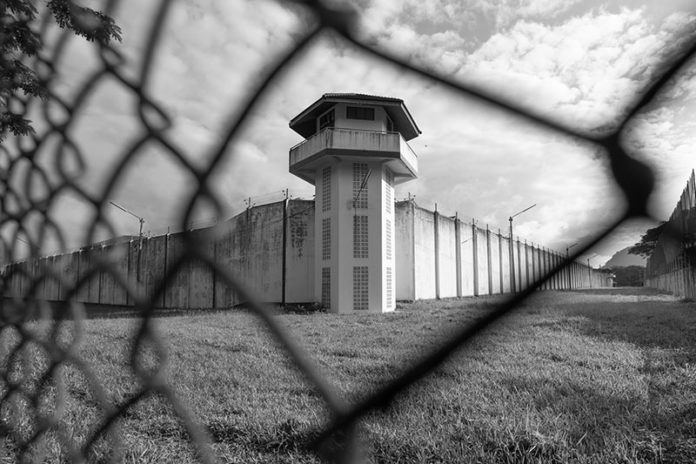Thirty years ago, African Americans were on a trajectory toward equality with whites. Civil rights laws had broken down barriers that had impeded Black people. Their educational attainments were on the rise. The racial wage gap had shrunk. It was reasonable to expect that by 2020, something close to economic and social parity would be achieved.
It wasn’t. Since then, in one realm after another, African Americans as a group have seen their progress stall or reverse. The problems that apparently were being solved have persisted. In 2018, the poverty rate among Black Americans was 20.8%, not much better than the 22.1% of 2000 — and more than 2 1/2 times higher than the rate among non-Hispanic whites.
The effects on Black America are obvious: large pockets of intense destitution, blighted neighborhoods, disproportionate amounts of violent crime and widespread loss of hope.
The chronic bloodshed in parts of Chicago is one especially grim consequence.
A January Washington Post/Ipsos poll found that only 16% of African Americans think most Black children born today will “have a good opportunity to achieve a comfortable standard of living” — while 75% think most white kids will.
What happened? A lot of factors get blamed for the lack of progress among African Americans — family breakdown, the disappearance of manufacturing jobs, inferior schools.
But one major factor was the incarceration boom of the 1990s. Between 1980 and 2000, the number of Black men in prison or jail rose more than fivefold.
The main cause was increasingly punitive sentencing policies. Someone arrested for car theft or drug possession in 2000 was three times more likely to go to prison than someone arrested on the same charge in 1985. Not only that, but sentences for just about every type of crime grew longer over this period.
The shift has been especially detrimental to African Americans. Serving prison time makes it harder to get a job, because employers tend to avoid former inmates and because former inmates lose valuable years of work experience. Some states bar convicted felons from licensed occupations.
In a 2014 paper, University of Chicago economist Derek Neal and Cornell University economist Armin Rick found that “black men likely now face worse labor market prospects relative to white men than they faced when policy shifts in the late 1970s and early 1980s ignited the prison boom.” In that crucial respect, black men today are no better off, compared with white men, than they were 40 years ago.
The usual response of many conservatives who harp on “black-on-black crime” is that African Americans have no one but themselves to blame for their high rates of incarceration. But that’s not exactly true. Inequities in law enforcement and policing play a big role.
In the years when New York City police engaged in massive use of stop-and-frisk tactics, Blacks and Hispanics were far more likely than whites to be targeted — even though they were less likely to be found with anything that led to an arrest.
Nearly 3 of every 4 young Black men in New York reported being stopped and frisked. And 90% of them turned out to be innocent.
Blameless conduct offers no guarantees to African Americans. A study last year by scholars Vesla Weaver of Johns Hopkins University, Andrew Papachristos of Northwestern and Michael Zanger-Tishler of Yale found that Black people were far more likely to be arrested at the start of the 21st century than they were two decades earlier — even though crime rates rose by only a modest amount.
That means a lot of innocent people were subjected to humiliation and harassment by police — an experience that is bound to foster anger, anxiety and alienation. The more Black people fear and distrust cops, the less likely they are to cooperate in combating crime.
Nationally, crime rates have fallen by 40% over the past two decades. But Northwestern University sociologists Beth Redbird and Kat Albrecht note that racial disparities in law enforcement have gotten worse, not better. “While the average police agency in 1999 arrested 5.48 Blacks for every White,” they write in a new paper, “the 2015 average was 9.25 arrests, nearly twice that.”
Most African Americans are not criminals, and they have a huge stake in effective law enforcement. But as the protests in recent weeks attest, many of them see the cops and the criminal justice system less as protectors and more as perpetual threats to their safety and liberty. Given the experience of recent decades, who can blame them?































